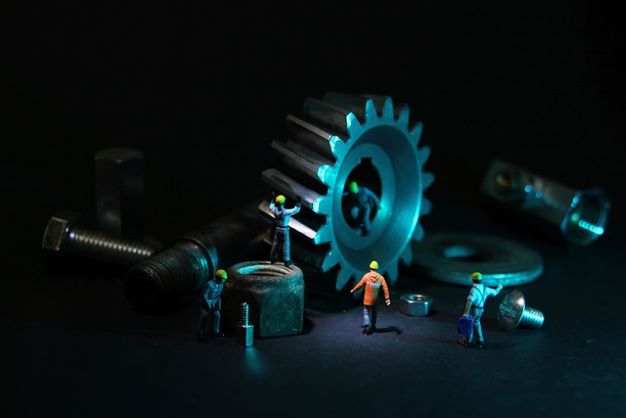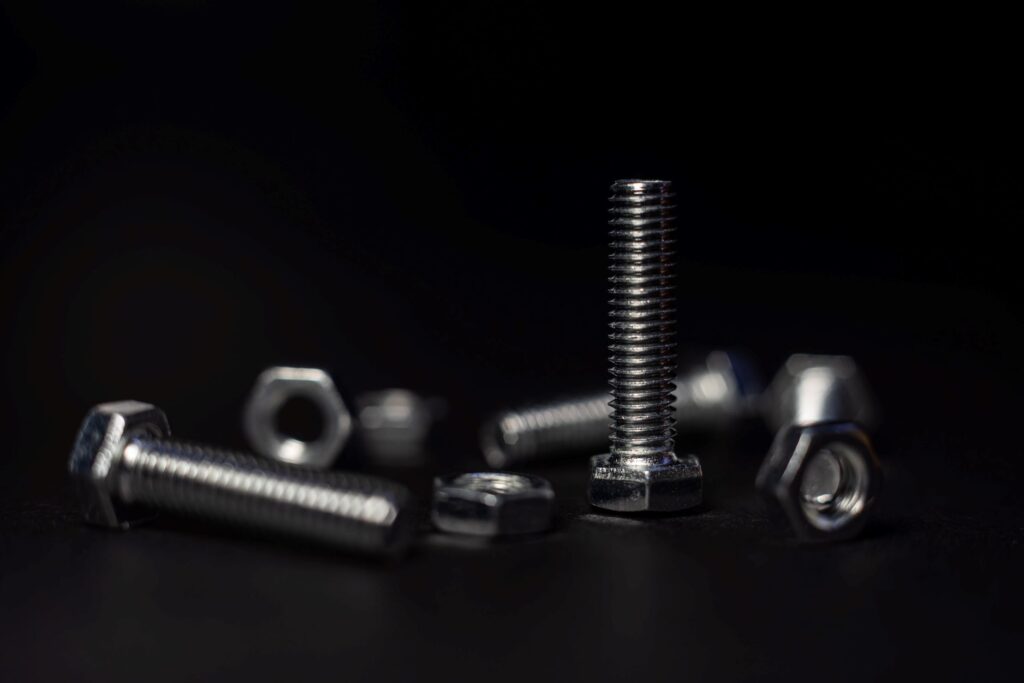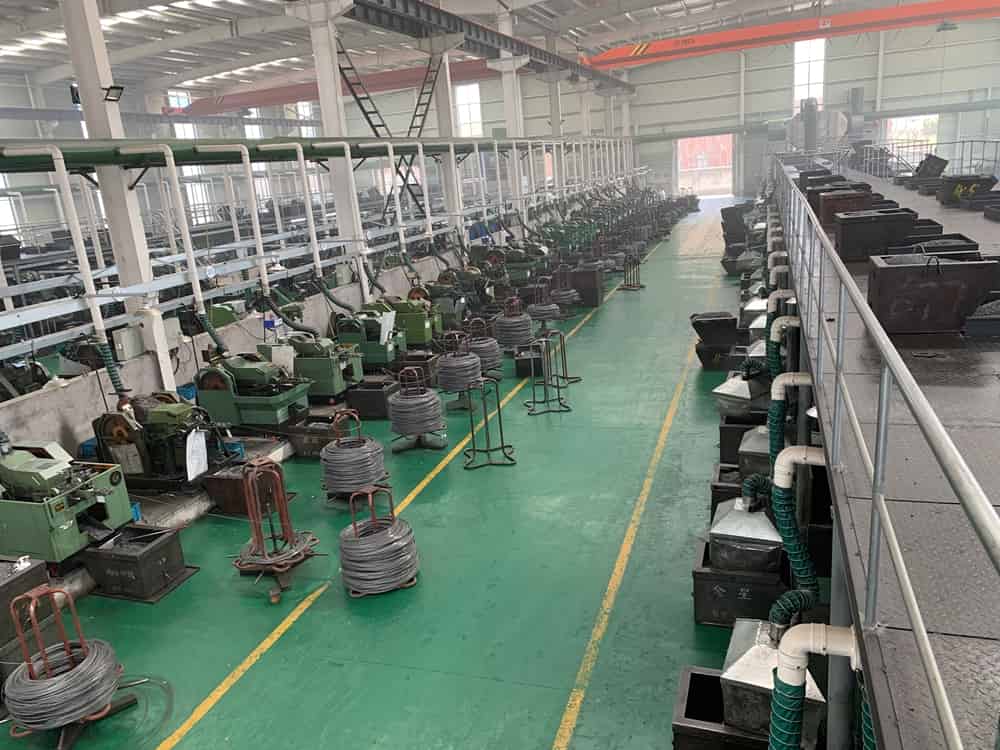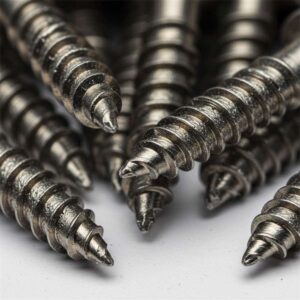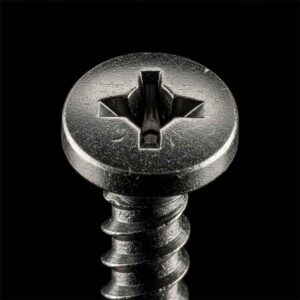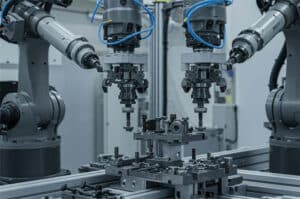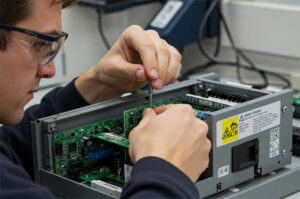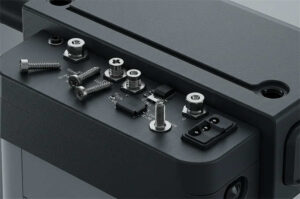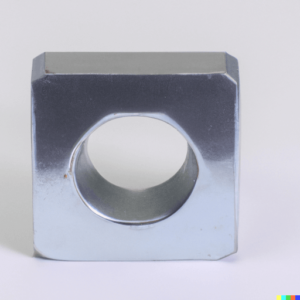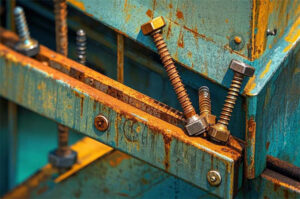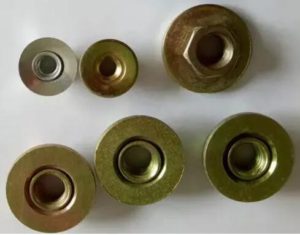Fastener Manufacturing Guide and Best Tips to Save Money in Fastening
Essential devices like fasteners are facing a growing demand today as most structures and products are utilizing their value by employing stability and security. Fasteners are small parts of components that are vaguely overlooked from time to time yet their strong function eases our way of life daily. And with more potential for wide developments in the future, the doubling of supply in fastener manufacturing is anticipated by the worldwide sectors. This becomes a broad challenge to manufacturing companies to analyze an in-depth solution to slowing down fastener costs while innovating better properties and features.
The step aims to provide higher solutions for affordable prices and keep customers satisfied with the uncompromised quality of fasteners. Cutting the initial costs of fasteners should not compensate for their quality but subject their worth to the cost-efficiency and durability of systems. There are wide options of how manufacturers can offer competitive prices of fasteners in the market, one of which is choosing less evasive and rigorous processing and production. Cold-heading is a process that involves a few steps in forming and hardening fasteners and with that, they are distributed for a lesser price in the market. Here are some other strategies that allow manufacturers and consumers to do a budget-friendly fastening:
Standard Cold-headed Fasteners
In manufacturing fasteners, cold-heading or cold-headed fasteners are significantly cheaper due to their less intricate process. It eliminates waste in production and is a much faster procedure for producing standard fasteners that are commonly sold in the market and retail stores. The selection of standard cold-headed fasteners can be used for a variety of applications in mechanical and structural assemblies, and with their uniform quality they are preferred for larger projects that require suitability to the environment.
2. Cut the Variety
Different variations of fasteners mean varying costs per unit which can be higher than the actual budget because of the longer production and expensive labor costs. When choosing fastener types for a project it is best to determine the suitability of materials and environmental conditions. This way, you can easily identify which fastener types are more considerable for the application, you can also limit the use of additional devices like nuts, washers, anchors, etc. by choosing the multi-functional fasteners fabricated with these features. For example, self-drilling screws can have washer heads that allow sealing effects and eliminate the need for pre-drilling of the surface. Not only can you save from buying two different units of fasteners but also from the labor and tool requirements.
3. Use General Thread Tolerance Fasteners
General thread tolerance in fasteners such as Class 2A external thread and Class 2B internal thread are often applied for general fit and purposes. It enables easier choosing in the thread as it provides sufficient clearance for most applications and can be readily available anywhere. Since they are used for general applications and stocked by suppliers, their wide demand gives them an advantage for lesser unit costs especially when purchased in bulk and wholesale.
4. Material Selection
Fastener materials are a big part of their cost as some of the metals are more expensive or harder to produce. Today the most common material for fasteners is low-carbon steel due to its cheaper material but good strength and durability. It provides almost the same features and characteristics as stainless steel fasteners but is less expensive. For applications that don’t have compatibility with carbon steel, other fastener materials can be explored. For example, marine applications can use brass and aluminum as they have good saltwater resistance. Aluminum is also a sustainable material that can be recycled and non-toxic or environmentally friendly.
5. Multi-function Fasteners are a Choice
Some fasteners can do the extra job in assemblies such as a replacement for parts and others, this multi-function variety of fasteners can enable cutting costs and reduced rejections. Examples of multi-function fasteners are Sems screws, thread-cutters, and self-drilling screws. SEM screws are pre-assembled bolts with permanently attached washers under the head they offer high-strength and durable functions limiting the required parts of assemblies for efficiency.
6. Order in Bulk and Wholesale
In any purchase of products and materials wholesale buying is the most budget-saving step for organizations like commercial businesses or manufacturing companies. Buying wholesale fasteners is significantly cheaper than retail and supply because these components are usually offered at factory prices. Wholesale manufacturers offer better prices because it saves them production and energy costs thus reflecting the overall cost of the entire quantity ordered.
It also saves the inventory of companies from the problem of having to frequently purchase stocks. With the readily available fasteners in the distributor’s or supplier’s inventory, companies do not need to pay the fluctuating fees of shipment and delivery of products.
7. Plated and Phosphate Coated Fasteners
Phosphate plating in fasteners provides additional corrosion resistance that reduces the surface reaction of fasteners from certain elements. They offer good protection which is less expensive than most of the evasive coating treatments of fasteners. The need for regular maintenance and replacements in fasteners will be initially eliminated when industries choose to coat fasteners as this helps them thrive for a longer life span in use.
8. Proper Technical Support from the Supplier
Having an involved supplier with the technicality of fastener applications and requirements of its environmental conditions can reduce the risk of compromising on the wrong types of fasteners. With the proper identification of specifications of fastening components, the suitability of operation and conditions can be selected accordingly with the type of devices, especially with the needed functionality such as corrosion resistance, strength, and durability. This way it is also less hassle to select intricate specifications with the ease of achieving success in fastening most importantly, it will reduce the chance of choosing the wrong fasteners for the project.
Why Fastener Standards are Important?
Almost every product in the market has been standardized such as fasteners as their importance in assemblies and structures provides the safety of connections. Manufacturers ensure to meet the standards in the manufacturing of fasteners to provide the best quality tools and devices for fastening assemblies. These standards are implemented by various organizations worldwide namely ISO, ASTM, DIN, SAE, etc. Some countries implement their own standards in manufacturing depending on the suitability of materials and requirements of industrial or mechanical applications.
Fastener standards are general specifications that guide their overall functionality in use and operations. Standards are focused on the characteristics of fasteners such as size, material, design, and treatment for enabling uniformity in various components that are mostly used for general applications in manufacturing, construction, automotive, and more. Several factors determine the standards in fasteners but the most common considerations can be implemented through fastener specifications, test methods, practice, guide, classification, and terminology. These considerations create the right compositions in one unit to achieve the effective functions of fasteners in installation and use. Therefore, without fastener standards, it can be a challenge to identify the reliability and success of fasteners in mechanical assemblies.
Read More: What are Fastener Standards? How Are They Implemented?
High-Quality Industrial Supplier and Fastener Manufacturer
Prince Fastener Manufacturing Co., Ltd. is a leading industrial manufacturer and supplier of a wide range of fasteners in standard and non-standard specifications or custom fasteners. The company has been successfully delivering high-precision components to various industries and sectors worldwide and is continuously improving its capabilities to meet the growing demands of industrial applications. With rich experience in manufacturing and production of over 30 years, Prince Fastener ensures to provide solutions and uncompromised quality products that are highly durable and can last up to years in structures, machinery, products, and more. Let us know your fastening needs and requirements and we will cater them to our best service and quick inquiry responses, contact us here.
